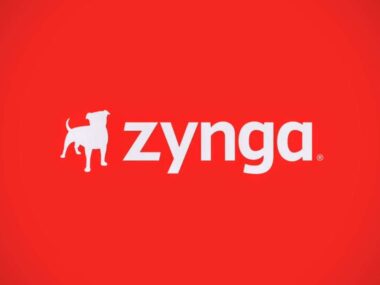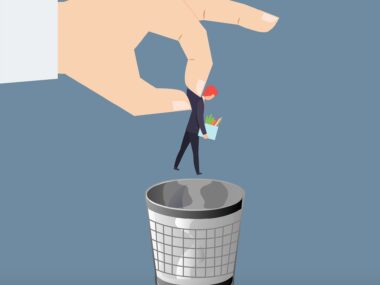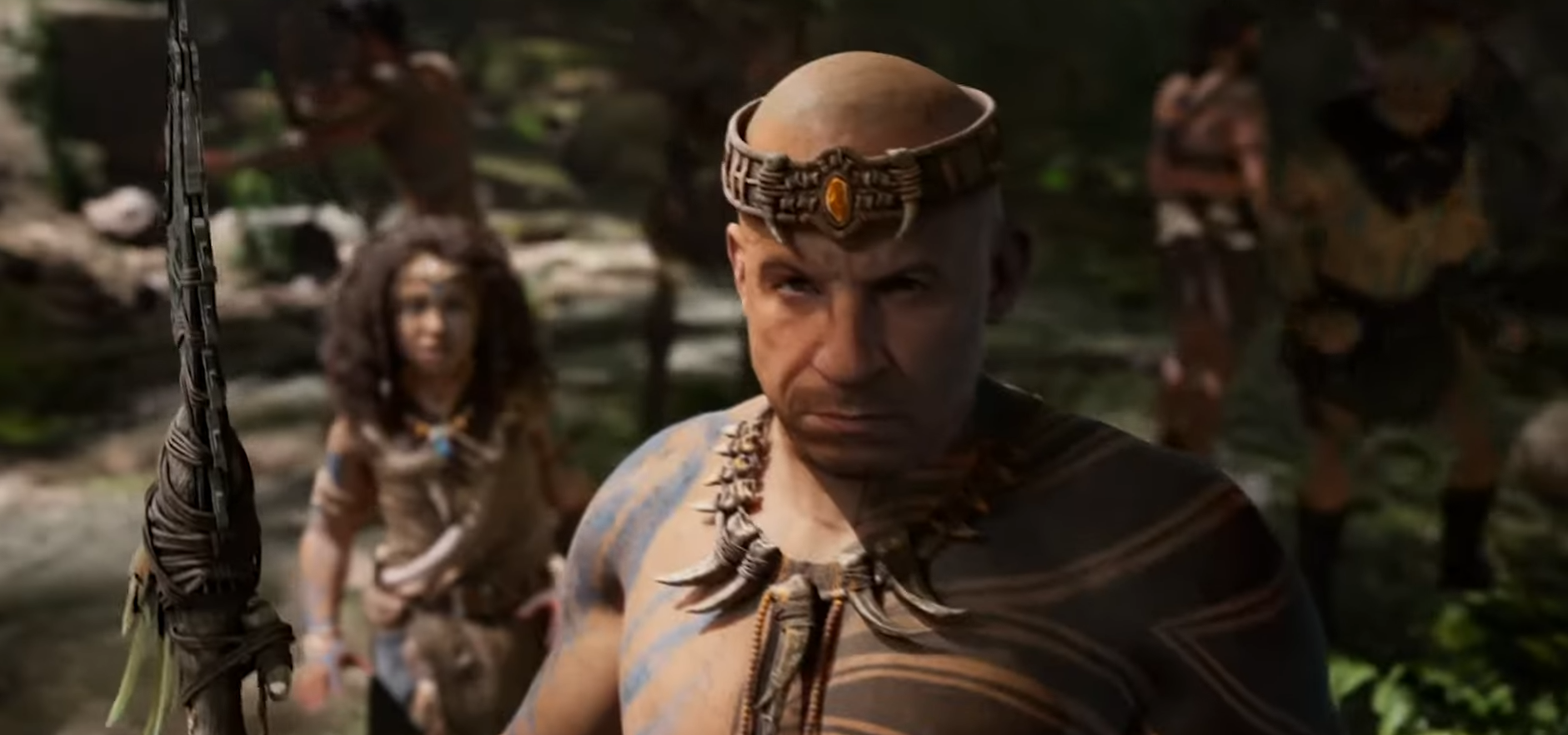When Microsoft raised the price of its games to $80, it wasn’t just a one-off change. It was a signal. Fable, Gears of War: E-Day, Clockwork Revolution, and the next Call of Duty will all launch at this new price point. Microsoft cited “market conditions and the rising cost of development”, the same reasoning other publishers have used since pushing past the $60 standard.
But this time, the speed is different. The last jump, from $60 to $70, happened in 2023. Two years later, we’re already at $80. For a game you do not own.
That kind of acceleration doesn’t just raise prices. It raises questions.
This Isn’t Just About Microsoft
Nintendo has already tested $80 pricing for some of its upcoming Switch 2 games. Sony has been increasing hardware and subscription prices across multiple regions.
Microsoft isn’t alone here. This is a broader trend.
It’s Not Just the Games
On May 1, 2025, Microsoft raised prices on Xbox consoles, controllers, and headsets.
Xbox Game Pass pricing hasn’t changed, yet, but it already went up in mid-2024:
- The Ultimate plan rose from $16.99 to $19.99/month
- The PC plan jumped from $9.99 to $11.99
- The Core annual subscription increased to $74.99.
These increases may seem like separate decisions, but they’re not. They reflect a single calculation: what do companies think you’re willing to pay? Remember the $90 mount in World of Warcraft?
There’s More Going On Than Just Development Costs
Microsoft points to the rising cost of making games. But what it doesn’t mention is just as important. U.S. tariffs on electronics, especially those imported from China, have driven up hardware costs. Analysts have already connected those increases to tariff expansions.
Between inflation, supply chain issues, tariffs, and ballooning development budgets, game companies are under pressure from all sides. Microsoft didn’t mention tariffs at all.
That’s not an accident.
“Rising development costs” is easier to accept than “we’re passing a trade war onto the consumer.”
Even If Tariffs Go Away, Prices Probably Won’t
If tariffs were lifted tomorrow, would Microsoft lower game prices? No. Companies don’t reduce prices without a reason. Once a new price point is accepted, it becomes the baseline.
Historically, publishers hold their ground. They raise prices when it benefits them. They don’t lower them when external pressure eases.
Unless a major competitor forces their hand, or consumers stop buying, the price stays up.
This Is How a New Normal Is Created
So what now? Will video game prices ever go back down?
Probably not. Not unless there’s a massive shift in consumer behavior. Not unless gamers push back hard enough to force a change.
Development costs are rising. Tariffs might be temporary, but the industry’s tendency to hold prices is not. If nothing changes, $80 won’t be the exception.
It will be the new standard.






